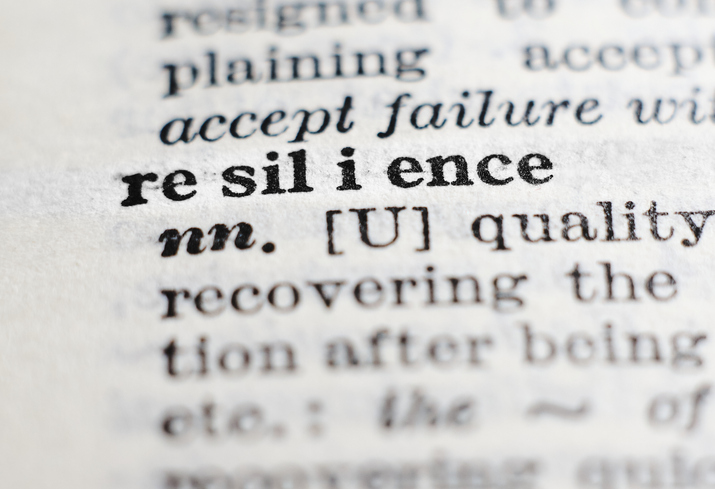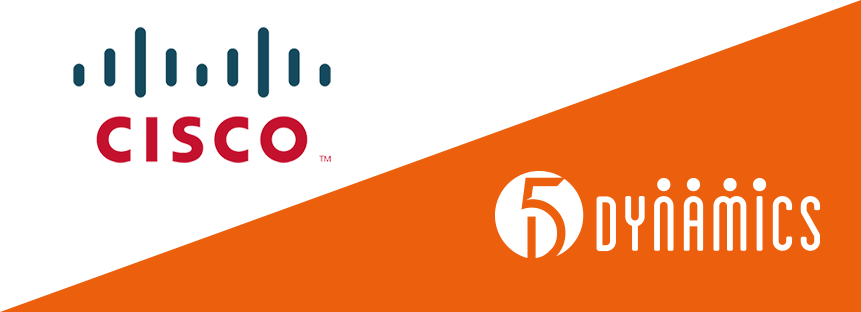5 Tips to Help Increase Resilience at Work

Psychological Resilience begins within, but we can create spaces for ourselves and for each other that enable us to better cultivate this important skill with the help of the following tips.
1) Sometimes we find our energy depleting without even realizing it, increasing our levels of stress and burnout and decreasing our ability to effectively handle tough situations that we may face. Understanding the things that cause our energy to deplete is an important first step in ensuring that we are proactively combatting the things that lessen our resilience.
2) When we take care of ourselves physically, mentally, and emotionally through diet, exercise, stress management, etc. we increase our baseline for managing difficult situations. By optimizing the areas of our lives we can control, we can better handle the things that arise that are outside of our control.
While many of these aspects are an individual responsibility, there are steps that can be taken by employers, HR professionals, managers, and the like to aid in employee success and satisfaction both at work and in life.
3) While company programs can help, it is important to know that this is not a one-size fits all approach and what works well to recharge and replenish a person’s energy and resilience depends on each unique individual, their energetic makeup, and the things they are passionate about. Simply providing a buffet of options and leaving it entirely up to the employees to seek out themselves isn’t enough either, a culture that truly promotes and values well-being is a vital component.
4) Simpli5 is a great place to start for both the individual and the company. Each employee can understand their own energetic preferences so they can approach projects and tasks in a way that aligns with their strengths while being aware of the areas they may need to make a more concentrated effort in. On the other hand, employers can provide a more customized approach by appealing to all of the energies in their wellness offerings. Perhaps socially motivated wellness challenges work best for those who are high in Excite, but rewards-based challenges may prove more effective for those high in Execute.
5) Providing a well-rounded holistic approach to employee health and well-being is key to set up a working environment that promotes resilience rather than detracts from it. This begins with education for employees and employers on energies so each individual can have an understanding of what works best for them.
While employers can play a part in creating an atmosphere of psychological safety, at the end of the day it isn’t capable of always taking care of you. Sometimes people are not going to like your ideas, sometimes the project you have been working tirelessly on will be cut or it may even fail, sometimes you’re going to have to work with people who are simply unpleasant; at the end of the day it is up to you to be able to withstand these situations.
Building resilience is ultimately a personal journey, but we can set ourselves and others up for greater success on that journey by providing spaces that promote rest and well-being so each person truly can show up as the best version of themselves.
Key takeaways:
- Resilience begins with taking care of yourself.
- Workplaces can better set their employees up for success by valuing well-being.
- Understanding what increases and drains your energy is a key component of combatting burnout and increasing resilience.


